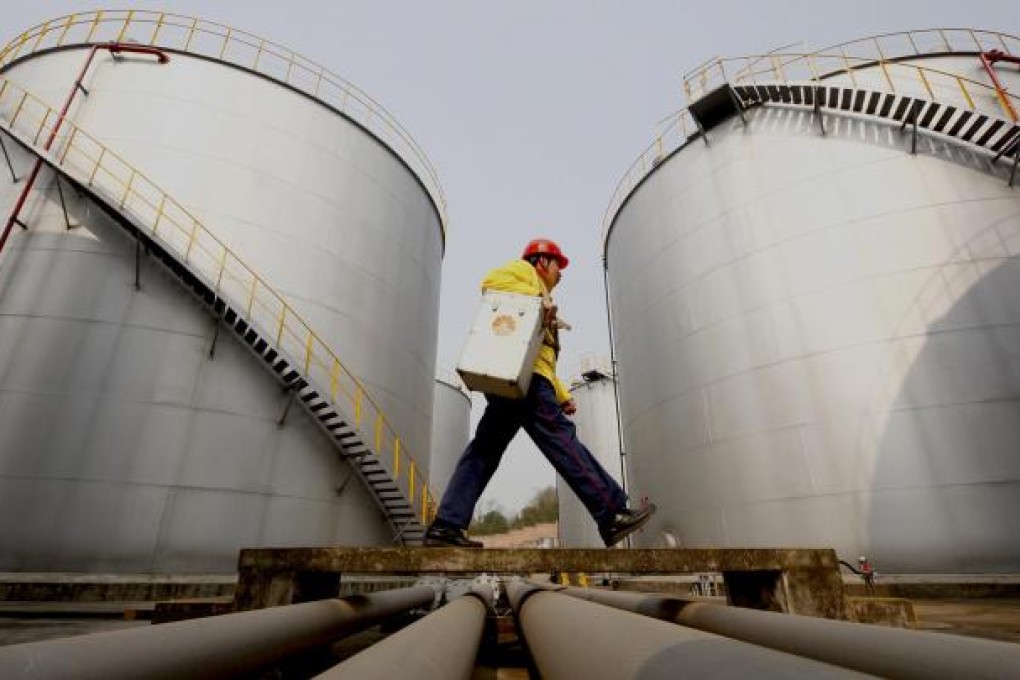Analysts expect energy pricing reform after NPC
Relatively low fuel prices offer Beijing window to enact changes before inflation picks up

Operators and investors in the mainland's energy sector will be eager to scour Premier Wen Jiabao's annual government work report tomorrow for the key words "price reform".
Their appearance would set the tone for the pace of energy price reform this year, which has been lagging behind the industry's expectations, partly due to the once-a-decade leadership change.
Beijing has often vowed to reform the way electricity, fuel and natural gas prices are formulated to better reflect supply and demand. They are currently stipulated by the state.
"We will make the price of electricity better reflect the price of coal," Wen said in his work report at last year's meeting of the National People's Congress. "We will reform the prices of refined oil products and proceed with the price reform of natural gas."
But in 2011, Wen added a caveat to a similar statement about Beijing's resolve on energy price reform: "We need to fully consider the ability of the people, particularly low-income people, to bear price reforms."
The need to balance Beijing's desire for energy prices to be more market-oriented and the need to keep them affordable has meant progress on reform has proceeded at snail's pace, at times appearing to have gone two steps forward and then one step back.